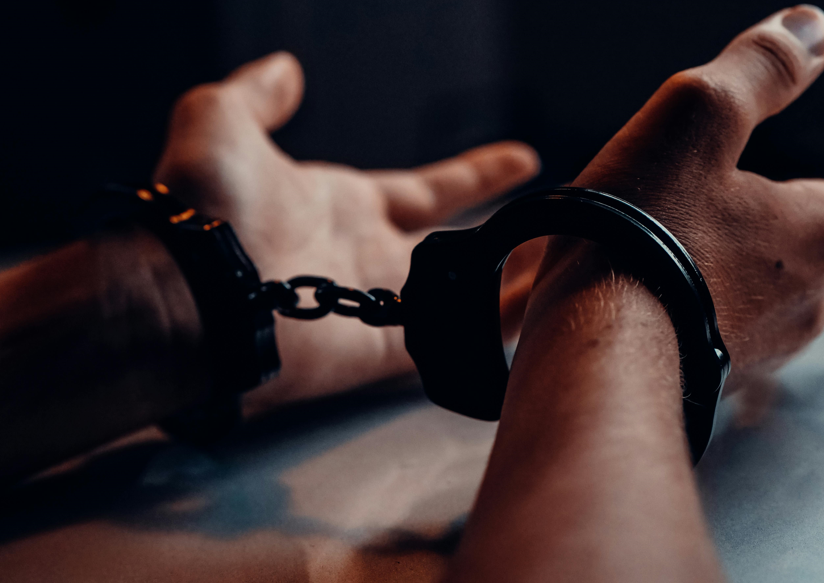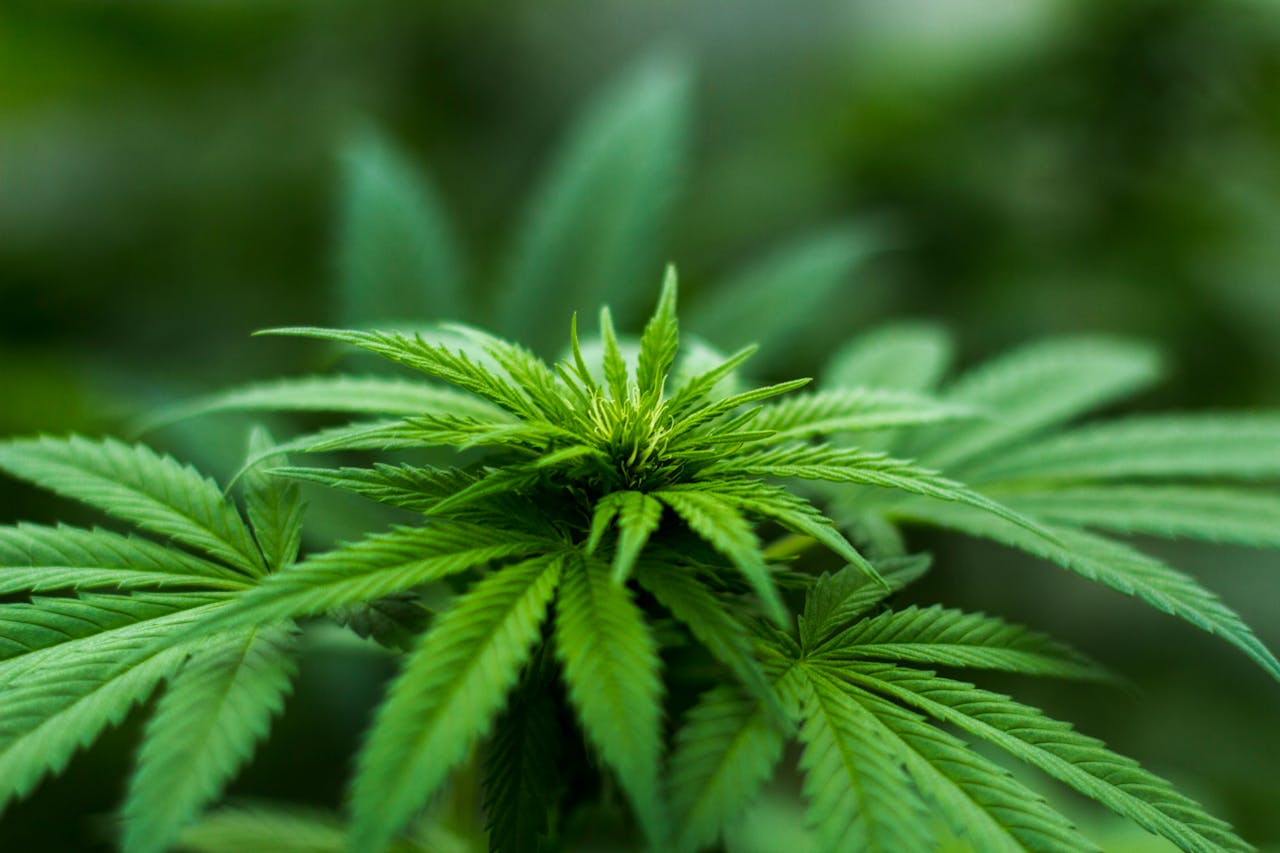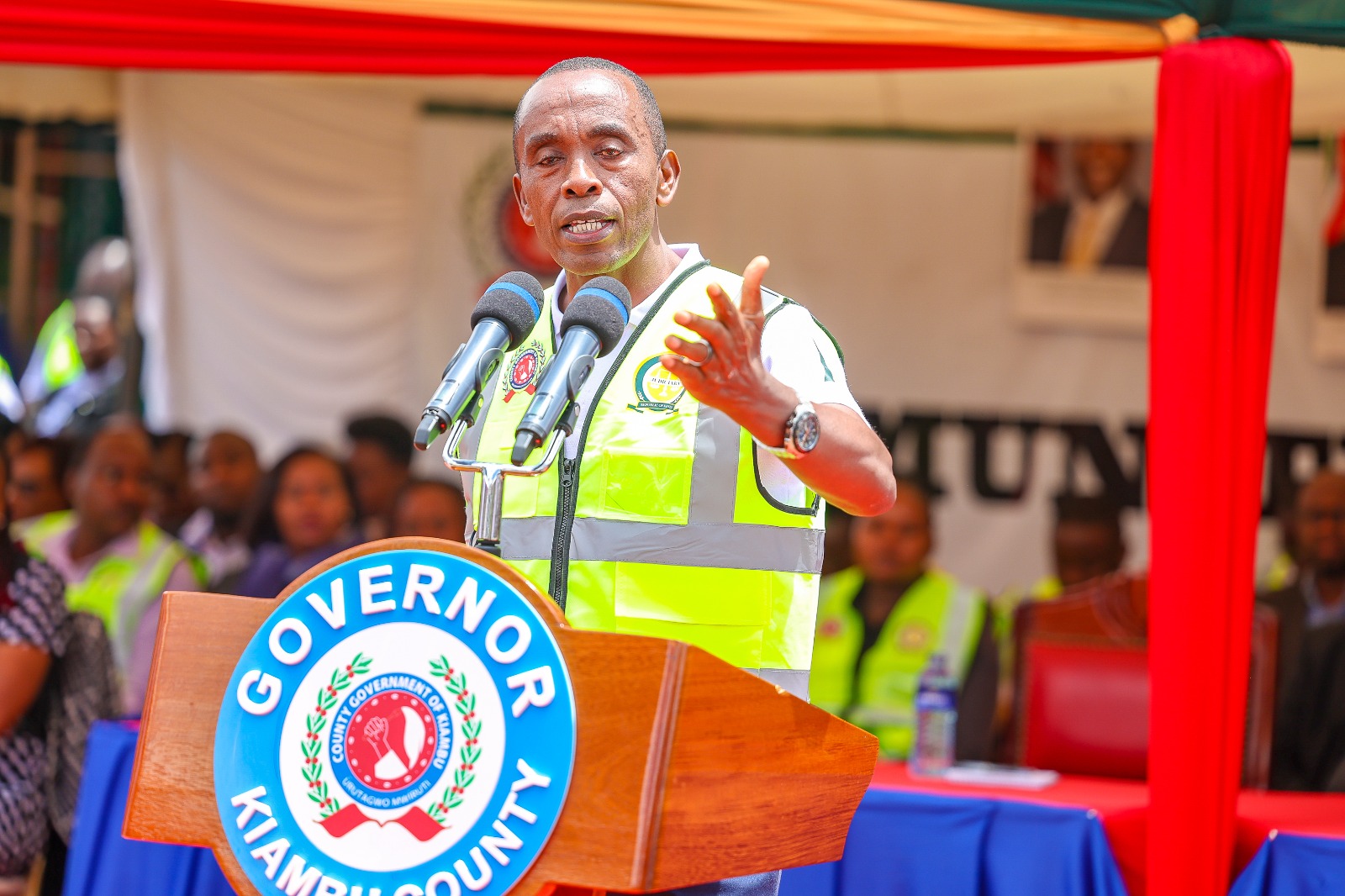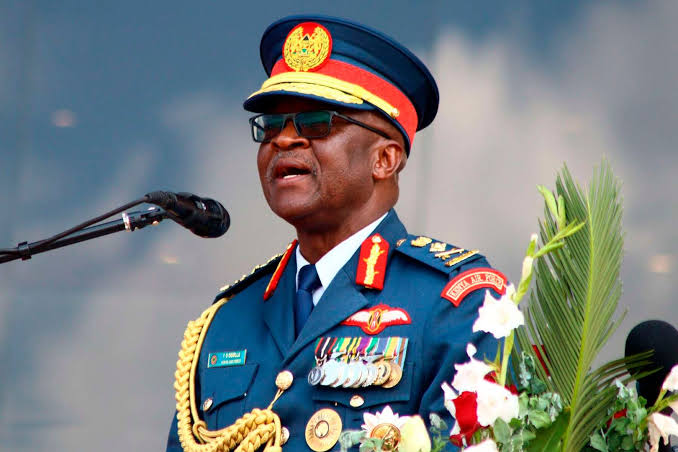International Anti-Corruption Day: 7 major anti-graft measures that could define Ruto’s legacy
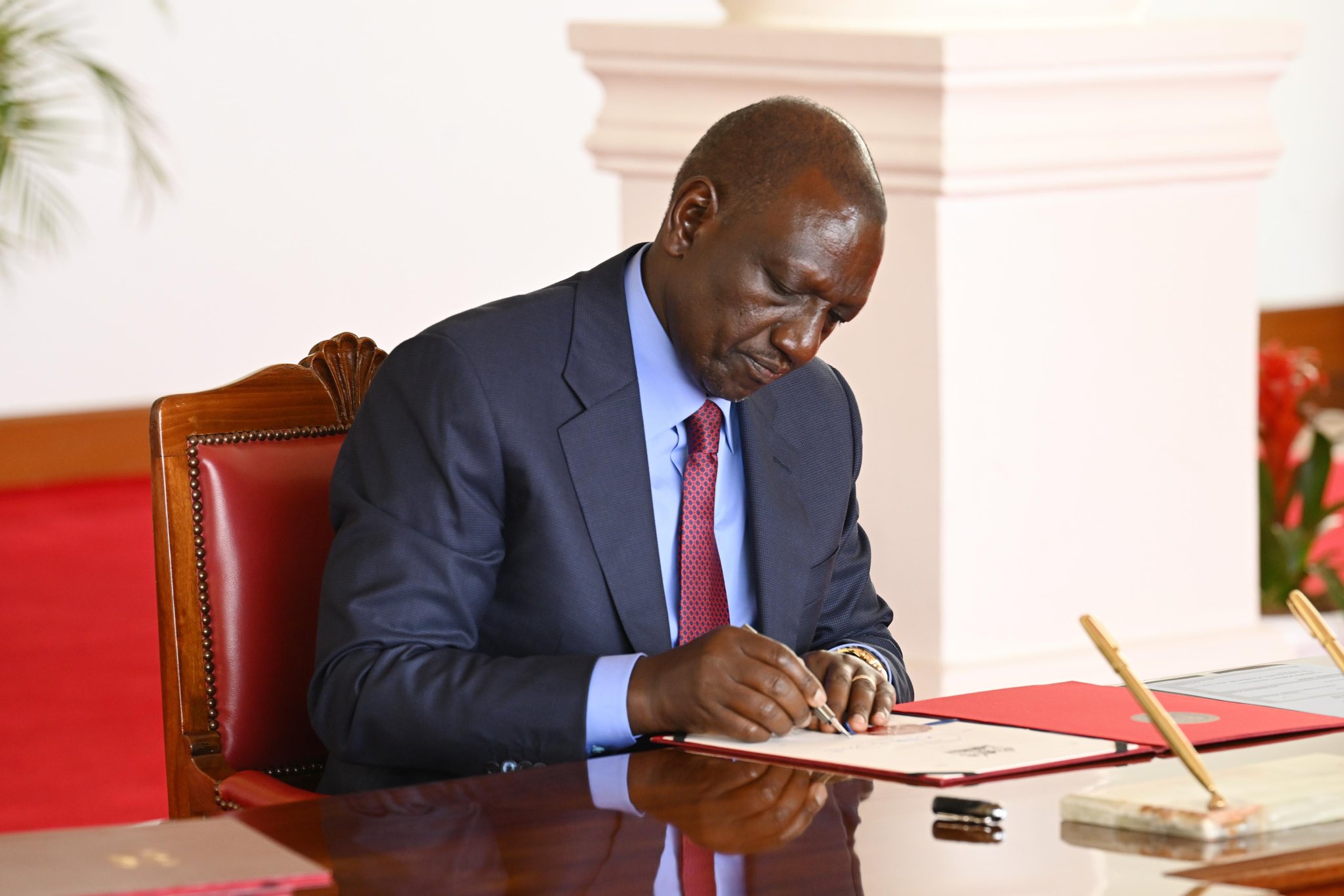
President William Ruto’s administration is under the spotlight for its ambitious anti-graft initiatives in 2024 as the world marks International Anti-Corruption Day.
Ruto, who campaigned on a platform of transparency and reform, has made significant strides in addressing corruption, a deep-rooted challenge that has long plagued Kenya since independence.
The president’s commitment to combating corruption intensified significantly following the June 2024 Gen Z protests that nearly toppled his government.
In a decisive move to address Kenya’s enduring battle against corruption, Ruto in July 2024 announced ambitious measures aimed at fostering transparency and accountability in governance.
The president outlined sweeping reforms targeting systemic graft that has plagued previous administrations.
1. Legislative overhaul
Ruto proposed amendments to key legal frameworks, including the Evidence Act and the Criminal Procedure Code, with the goal of expediting the prosecution of corruption cases.
His administration aims to ensure such cases are concluded within six months – a timeframe he acknowledged as critical for restoring public trust in Kenya’s justice system.
Complementing these measures, the President announced plans to strengthen the Witness Protection Act.
By enhancing safeguards for whistleblowers and incentivizing their participation, Ruto hopes to empower citizens to expose graft without fear of retaliation.
2. Modernizing procurement
Acknowledging that public procurement has long been a breeding ground for corruption, Ruto pledged to overhaul the system by amending the Public Finance Management Act and the Public Procurement and Disposal Act.
The President said his administration would introduce digital infrastructure to oversee procurement processes, ensuring transparency from the advertisement of tenders to the awarding of contracts.
“Our aim is to eliminate opacity and ensure every Kenyan has visibility into how public resources are managed,” Ruto said during an address at State House on July 24, 2024.
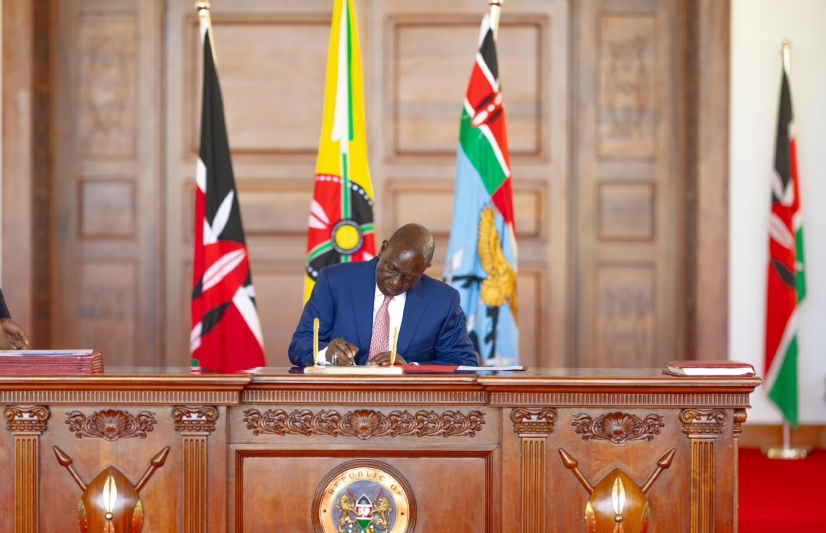
3. Conflict of Interest Bill
Ruto also pressed Parliament to expedite the passage of the Conflict of Interest Bill, emphasizing its role in curbing unethical practices within the public sector.
He promised to veto any version of the bill that fails to establish stringent anti-graft provisions, signalling his commitment to embedding integrity at the heart of governance.
4. Streamlining VAT refunds
In a bid to improve fiscal transparency, Ruto highlighted the need for reform in the Value Added Tax (VAT) refund process.
He revealed that approximately Ksh400 billion is allocated annually for VAT refunds, a figure shrouded in opacity.
By tightening oversight, the President said he intends to reduce wastage and redirect funds to sectors that spur economic growth.
5. Judicial accountability
The President also called on judicial institutions to set clear timelines for all active corruption cases, underscoring the importance of swift and publicized verdicts.
“Kenyans deserve to know when justice will be served,” Ruto emphasized, urging courts to maintain strict deadlines to restore faith in the rule of law.
6. Asset recovery
On September 11, 2024, the Ethics and Anti-Corruption Commission (EACC) handed over assets worth Ksh5.5 billion, including 35 title deeds totalling 18.71 acres and cash assets amounting to Ksh511.4 million, back to the government.
In a ceremony held at State House and presided over by Ruto, EACC handed over through the President to the Cabinet Secretary of the National Treasury John Mbadi in trust, titles to the various properties.
Ruto reiterated his government’s commitment to fighting corruption.
“The government remains resolute in reducing opportunities for corruption and abuse of office and in ensuring that the corrupt do not enjoy the proceeds of their illicit actions,” he said and called on all to strengthen the commitment to the rule of law, enhance access to justice, promote national values and principles of governance, and protect fundamental rights and freedoms.
Ruto also stressed the government’s commitment to further strengthening the institutional framework for anti-corruption.
He acknowledged the notable milestones achieved by the EACC in the fight against corruption, particularly through the recovery of corruptly acquired assets and unexplained wealth.
Ruto commended the Commission for recovering assets valued at approximately Ksh28 billion over the last five years, including cash and movable and immovable property.
7. Cancellation of controversial deals
The most significant and impactful anti-corruption measure undertaken by Ruto in 2024 was the cancellation of the controversial Adani deals.
Speaking during the State of the Nation address on November 21, 2024, Ruto highlighted the significance of combating corruption, calling it a key priority for his administration going forward.
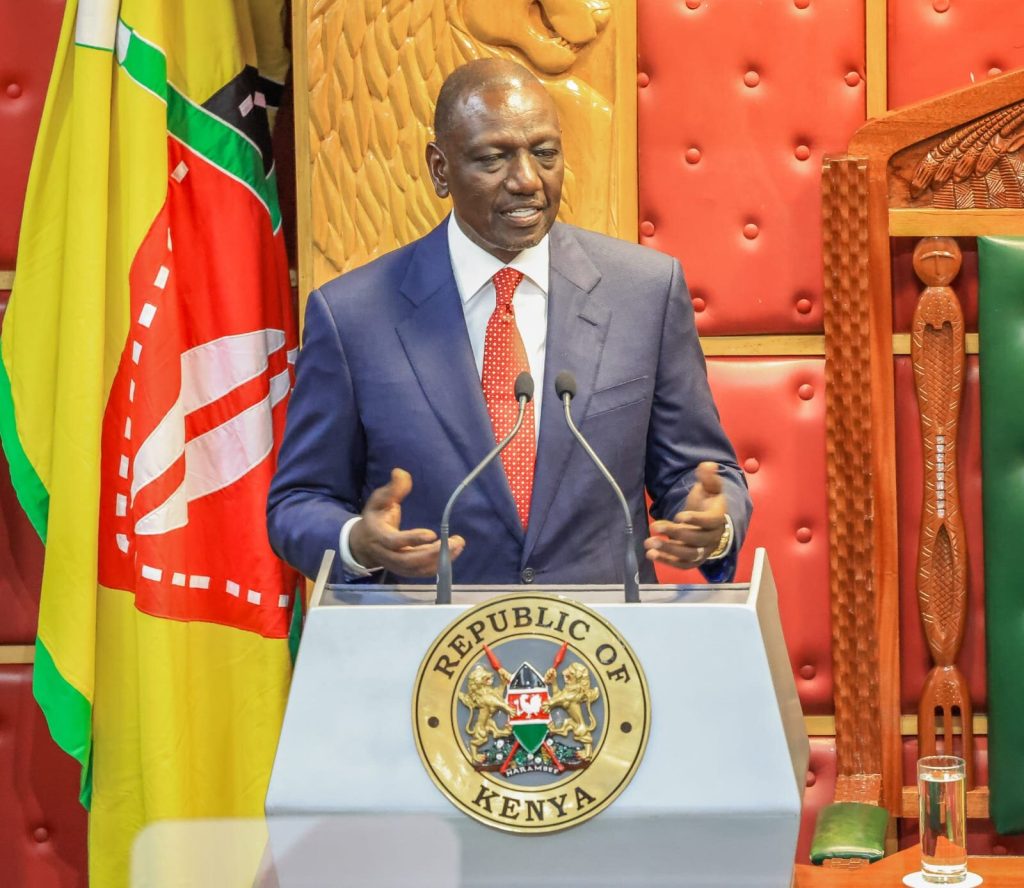
“Of the many difficult assignments I have undertaken, this fight against corruption is one I now take on with resolve going forward. Let this serve as notice to all,” he said.
To prove he meant business in dealing with corruption, Ruto announced the cancellation of two major infrastructure deals involving the Indian conglomerate Adani.
The agreements, which encompassed the expansion of Jomo Kenyatta International Airport (JKIA) and the KETRACO energy transmission project, were scrapped following revelations of potential integrity issues.
The president emphasized that his decision was guided by credible information from investigative agencies and international partners, aligning with Kenya’s constitutional principles of transparency and accountability.
“I have stated in the past, and I now repeat today, that in the face of undisputed evidence or credible information on corruption, I will not hesitate to take decisive action,” he declared.
Ruto directed the Ministry of Transport and the Ministry of Energy and Petroleum to act immediately, cancelling both the ongoing JKIA procurement process and the KETRACO transmission public-private partnership (PPP) deal.
“Accordingly, I now direct in furtherance of the principles enshrined in article 10 of the constitution on transparency and accountability and based on new information provided by investigative agencies and partner nations that the procuring agencies within the ministry of Transport and the Ministry of Energy and Petroleum immediately cancel the ongoing procurement process for the JKIA expansion public-private partnership,” Ruto said.
Ruto’s speech was met with a standing ovation from lawmakers as he announced the decision to cancel Adani Group’s controversial deals.
The president reiterated his stance, citing corruption concerns as the basis for terminating the agreements involving JKIA and KETRACO.
Way forward
As Kenya continues to grapple with the pervasive challenges of graft, Ruto’s comprehensive measures will test the nation’s political will and institutional resilience.
For a country fatigued by years of unfulfilled promises, only time will tell whether Ruto’s anti-graft measures can effectively dismantle entrenched systems of corruption.
Undoubtedly, the success or failure of Ruto’s anti-corruption efforts will play a pivotal role in shaping his legacy.
Author
Martin Oduor
The alchemist of literary works - a master wordsmith with a proven record of transforming the raw materials of language into a rich tapestry of emotion, thought, and imagination.
View all posts by Martin Oduor